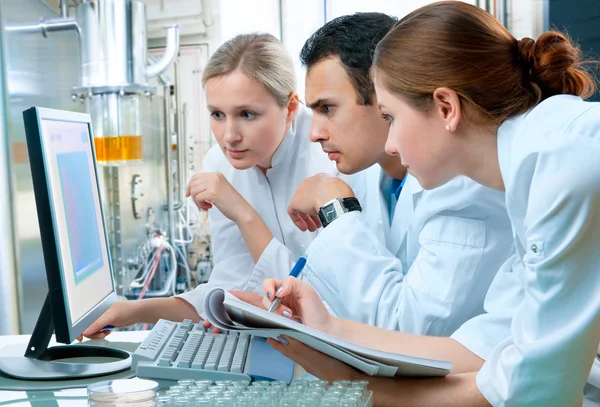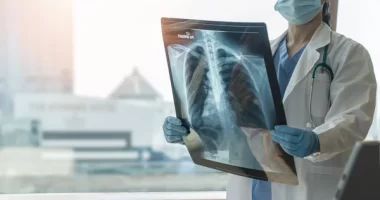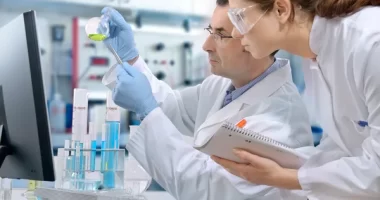Americans’ Faith in Science and Scientists Declines – A recent study by the Pew Research Center has revealed a troubling decline in Americans’ favorable opinions of science and confidence in experts. The survey, which involved 8,842 randomly selected participants, found that over a quarter (27%) of Americans now have little to no faith in scientists to act in the public’s best interests, compared to just 12% in April 2020.
This decline in trust coincides with a broader erosion of public confidence in institutions, including the media, business leaders, and elected officials. The study also found that fewer Americans now believe that science has a positive impact on society, with only 57% holding this view compared to 65% in November 2021.
Despite these setbacks, the majority of Americans (73%) still have a great deal or fair amount of confidence in scientists to act in the public interest. However, the growth of distrust in scientists is a concerning trend, as it may hinder public health efforts and make it more difficult to address pressing issues like climate change.
The decline in public trust in science is likely due to a number of factors, including political polarization, the spread of misinformation on social media, and the growing complexity of scientific research. Addressing this issue will require a concerted effort from scientists, educators, and policymakers to communicate scientific findings in a clear and accessible way and to rebuild trust with the public.
Why Science is important in society
Science is an integral part of human society, playing a crucial role in shaping our understanding of the world, driving innovation, and improving our lives. Its importance stems from its ability to provide reliable knowledge, solve complex problems, and address global challenges.
Understanding the World: Science provides a systematic and rigorous framework for understanding the natural world, from the smallest subatomic particles to the vast expanse of the cosmos. Through observation, experimentation, and logical reasoning, science helps us uncover the fundamental laws that govern the universe and the intricate workings of life.
Driving Innovation: Science is the foundation of technological progress, fueling advancements in medicine, communication, transportation, and countless other fields. Scientific discoveries lead to the development of new products, processes, and services that enhance our lives, improve our health, and expand our horizons.
Addressing Global Challenges: Science plays a critical role in addressing pressing global challenges such as climate change, resource scarcity, and infectious diseases. By providing evidence-based solutions and informing policy decisions, science can help us mitigate environmental damage, ensure sustainable resource management, and protect public health.
Promoting Critical Thinking: Science fosters critical thinking skills, encouraging individuals to question assumptions, analyze evidence, and draw rational conclusions. These skills are essential for making informed decisions, solving problems effectively, and engaging in meaningful discourse.
Enriching Human Experience: Science enriches our understanding of the universe, sparking curiosity and inspiring awe. It allows us to explore the depths of the ocean, unravel the mysteries of the human brain, and contemplate the origins of life.
Continue to check our website for more articles of this kind. And, please use our comment section as well, we would love to hear from you.








